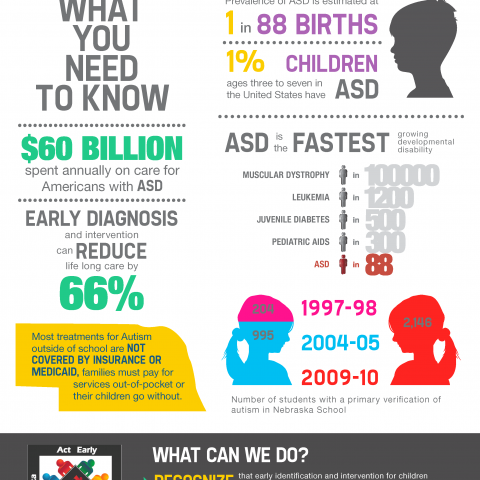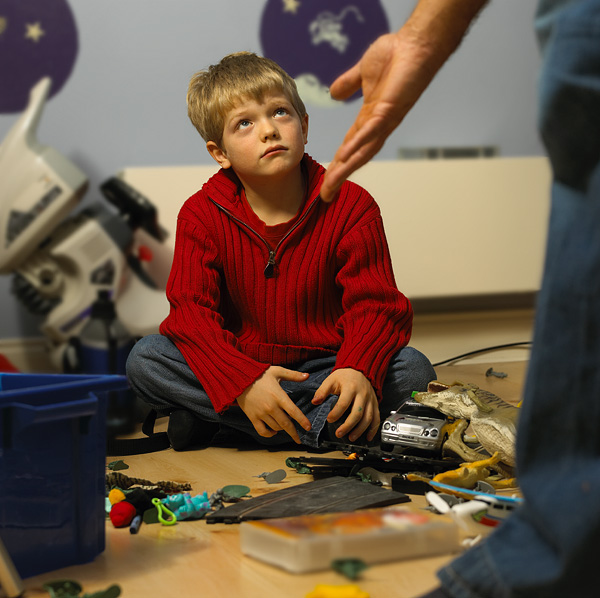Children receiving speech and language therapy to improve their expression (how they use or say words) may also have deficits in comprehension (understanding language). The two skills are essential to good communication and are always addressed and evaluated by a speech pathologist. Areas to work on in language comprehension include: following directions, comprehending concepts, answering questions, and listening for details. Good listening skills allow students to follow the teacher, respond appropriately to directions/demands and follow the details of a story-book. In therapy, be sure to modify the task so that a child does not get frustrated by the difficulty. If the child had a hard time following directions, try not to bombard or give several in a row. Break up long language into smaller pieces and provide support and encouragement throughout the task. Try these listening games and activities in speech therapy or at home to target and improve comprehension.



